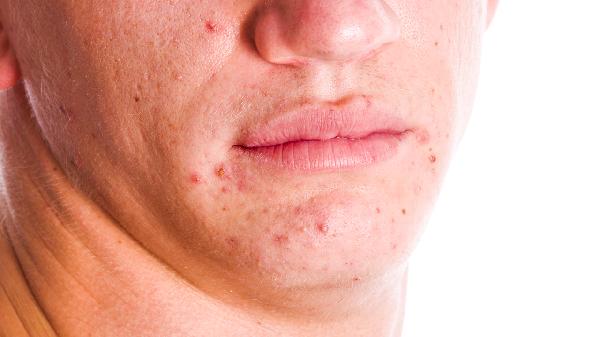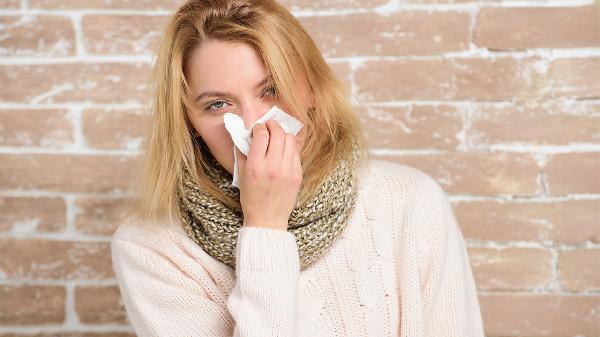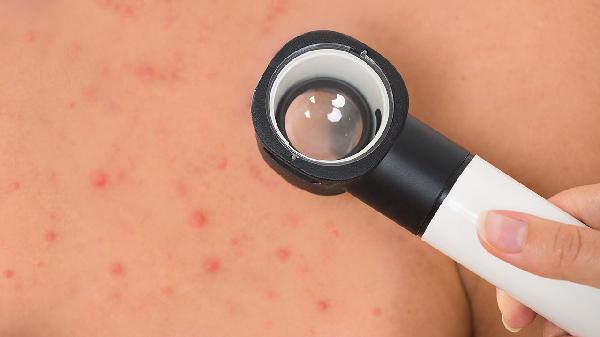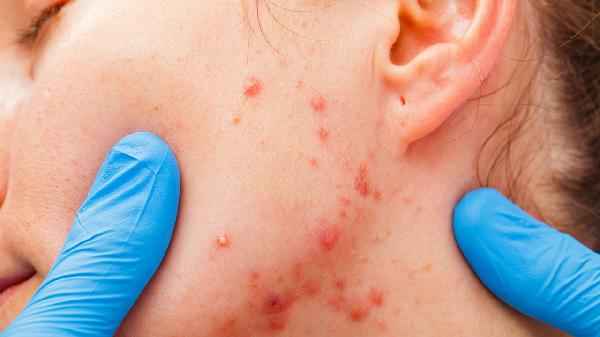Indulging in sweets, especially those irresistible chocolate cakes and cream puffs, is truly a small happiness in life. But did you know? Sometimes, these sweet treats can bring some not-so-sweet consequences—allergies. Yes, you heard it right, eating sweets can also lead to allergies. So, why does eating sweets cause allergies? Let's delve into it.
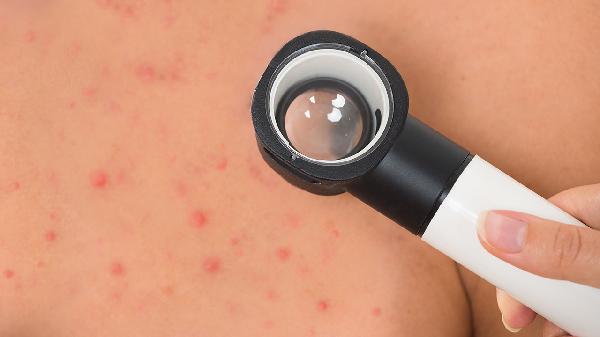
1. Additives in Sweets
Many sweets, especially processed foods, contain a large number of additives such as artificial colors, preservatives, and thickeners. These chemicals may trigger allergic reactions in some people. For example, some individuals are particularly sensitive to food colorings (like tartrazine) and may experience symptoms such as skin itching and redness after consumption.
2. Sugar and the Immune System
A high-sugar diet may affect the normal functioning of the immune system. Studies have shown that excessive sugar intake can lead to increased inflammation levels in the body, thereby raising the risk of allergic reactions. Sugar also affects the balance of gut microbiota, and gut health is closely related to the immune system. When the gut microbiota is imbalanced, the immune system may overreact to certain foods, leading to allergies.
3. Common Allergens in Sweets
Many sweets contain common allergens such as milk, eggs, nuts, and gluten. For example, cakes and cookies usually contain eggs and milk, and chocolate may contain nuts. If you are allergic to these foods, eating sweets may trigger an allergic reaction. Even trace amounts of allergens can cause severe allergic symptoms.
4. Sugar and Histamine Release
Sugar intake may promote the release of more histamine in the body. Histamine is a chemical closely related to allergic reactions, causing symptoms such as vasodilation, skin itching, and sneezing. For some people, symptoms similar to allergies may appear after eating sweets, actually due to increased histamine release.
5. Sweets and Cross-Reactivity
Some people are allergic to certain pollens, and the proteins in some fruits and sweets may have a similar structure to these pollens, potentially causing cross-reactivity. For example, individuals allergic to birch pollen may experience oral allergy syndrome when eating apples or pears. This phenomenon is called "oral allergy syndrome," typically manifesting as itching or swelling in the mouth and throat.
6. Sweets and Intestinal Permeability
A high-sugar diet may increase intestinal permeability, also known as "leaky gut syndrome." When intestinal permeability increases, incompletely digested food particles may enter the bloodstream, triggering an immune response and leading to allergies. This is especially common in individuals with existing gut issues.
7. Sweets and Chronic Inflammation
Long-term consumption of a high-sugar diet may lead to chronic inflammation, which is closely related to various allergic diseases. For example, diseases such as asthma, eczema, and allergic rhinitis may worsen due to chronic inflammation. Therefore, reducing sugar intake can help lower the risk of allergies.
While eating sweets can bring momentary joy, it's also important to be aware of the potential health risks. If you find yourself frequently experiencing allergic symptoms after eating sweets, consider reducing your intake or opting for natural sweets without additives and common allergens. After all, health is the greatest sweetness.

